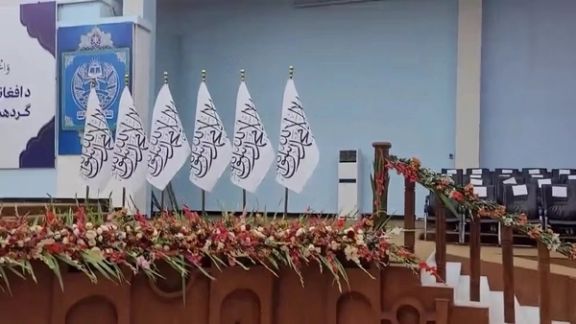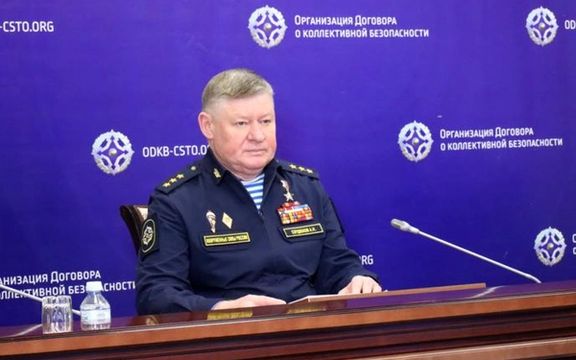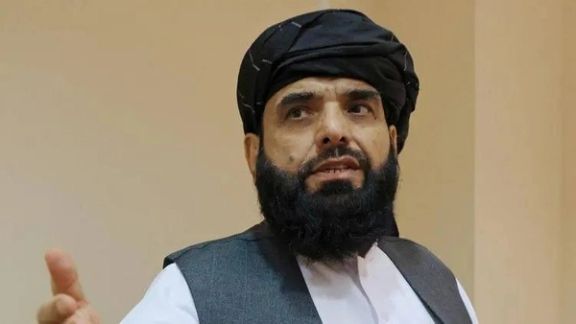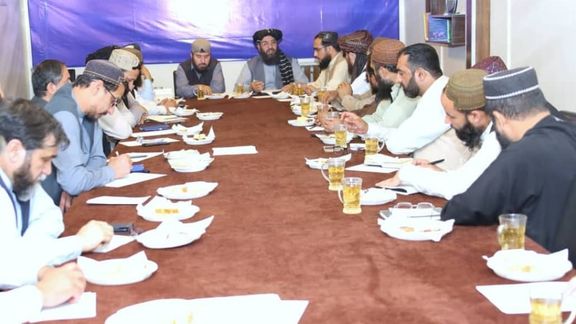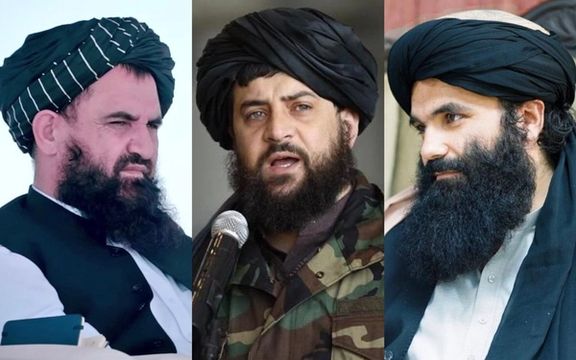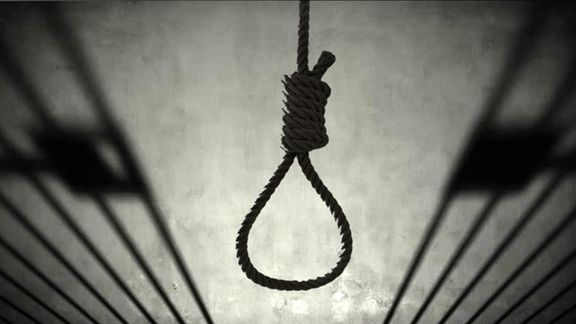According to the ministry, the aim of these gatherings was to promote Islamic values, enforce religious principles, and foster cooperation with the media in accordance with Sharia law.
Saif-ul-Islam Khyber, the ministry’s spokesperson, made the remarks in a media statement on Saturday, coinciding with World Press Freedom Day. He emphasised that media organisations are expected to align their operations with Islamic guidelines and collaborate with the Taliban to implement Sharia.
Khyber added that the meetings took place across several provinces, focusing on ensuring the media’s adherence to religious standards and enhancing mutual cooperation. He stated that the ministry offers full support to media outlets that operate within the boundaries of Islamic principles.
Despite these claims, the Ministry of the Propagation of Virtue has been widely criticised for its role in suppressing media freedom in Afghanistan. Under the Taliban’s interpretation of Islamic law, displaying images of living beings in the media has effectively been banned. This regulation has led to the suspension of visual media operations in several provinces.
Furthermore, restrictions have been imposed on the broadcasting of live programmes, and reports indicate that the ministry has interfered directly in newsroom operations in the capital, Kabul.
On the occasion of World Press Freedom Day, the Afghanistan Journalists Centre released a report highlighting a 58 percent increase in violations against media freedom over the past year. Since May 2024, the centre has recorded 215 incidents, including 175 cases of direct and indirect threats and 40 cases of journalist detentions.
Amnesty International has also condemned the Taliban for their continued crackdown on freedom of expression, citing arbitrary arrests, torture of journalists, and ongoing media restrictions.
